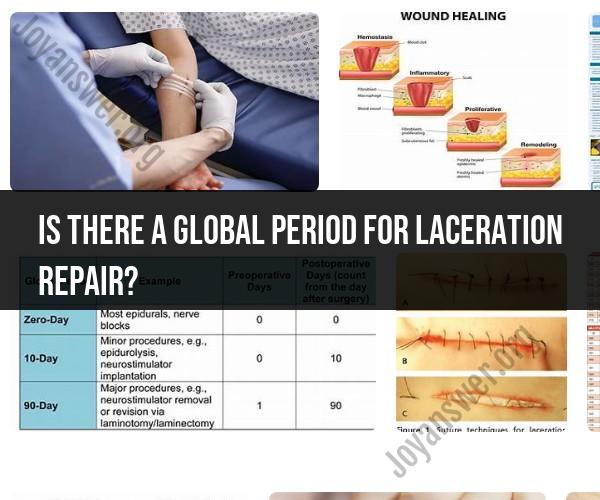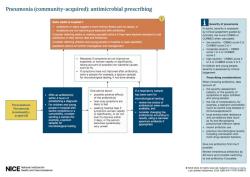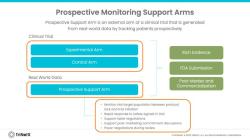Is there a global period for laceration repair?
Yes, there is typically a global period associated with laceration repair procedures in medical billing and coding. The global period represents a specified number of days during which related services and follow-up care for a surgical procedure, including laceration repair, are bundled into the initial procedure's reimbursement. During this global period, any related visits, wound care, or follow-up services are considered part of the surgical package and are not billed separately.
The specific length of the global period can vary depending on the surgical procedure and other factors. Common global periods for surgical procedures typically fall into one of three categories:
Zero-Day Global Period (000): In some cases, there may be no global period, meaning that follow-up care and related services are not bundled into the initial procedure. Providers can bill separately for any post-operative care.
Ten-Day Global Period (010): This is a common global period for minor surgical procedures, including many laceration repairs. During the 10-day global period, all related services are included in the reimbursement for the initial procedure.
Ninety-Day Global Period (090): Some major surgical procedures, including more complex laceration repairs, may have a 90-day global period. This means that follow-up care, wound care, and related services are bundled into the initial procedure's reimbursement for 90 days.
It's important for healthcare providers and medical coders to be aware of the specific global period associated with each surgical procedure to ensure accurate billing and reimbursement. Additionally, the global period may vary based on the payer (e.g., Medicare, private insurance), so providers should be familiar with the guidelines of the relevant insurance plans.
Global Period for Laceration Repair: What You Need to Know
The global period for laceration repair is the period of time after the surgery during which the surgeon is responsible for all post-operative care related to the surgery. This typically includes follow-up visits to remove sutures and monitor the healing process.
The global period for laceration repair is typically 10 days. However, the global period may be longer or shorter depending on the severity of the laceration and the patient's individual needs.
Post-Surgery Considerations: Exploring the Global Period for Laceration Repair
During the global period for laceration repair, it is important for patients to follow their surgeon's instructions carefully. This may include taking pain medication, keeping the wound clean and dry, and avoiding strenuous activity.
Patients should also contact their surgeon if they experience any problems during the global period, such as fever, redness, or swelling at the wound site.
Medical Billing Insights: Understanding the Concept of Global Period
The global period is a concept used in medical billing to determine which services are included in the surgeon's fee for a surgical procedure. The global period typically includes the surgery itself, as well as all related post-operative care for a specified period of time.
The global period is designed to simplify medical billing and ensure that patients are not charged separately for each post-operative visit.
Additional Information
If a patient needs to see their surgeon for a problem related to the laceration repair after the global period has ended, the surgeon may bill for a separate office visit.
Some insurance companies may have different policies for covering the global period for laceration repair. It is important to contact your insurance company to verify your coverage before having surgery.













